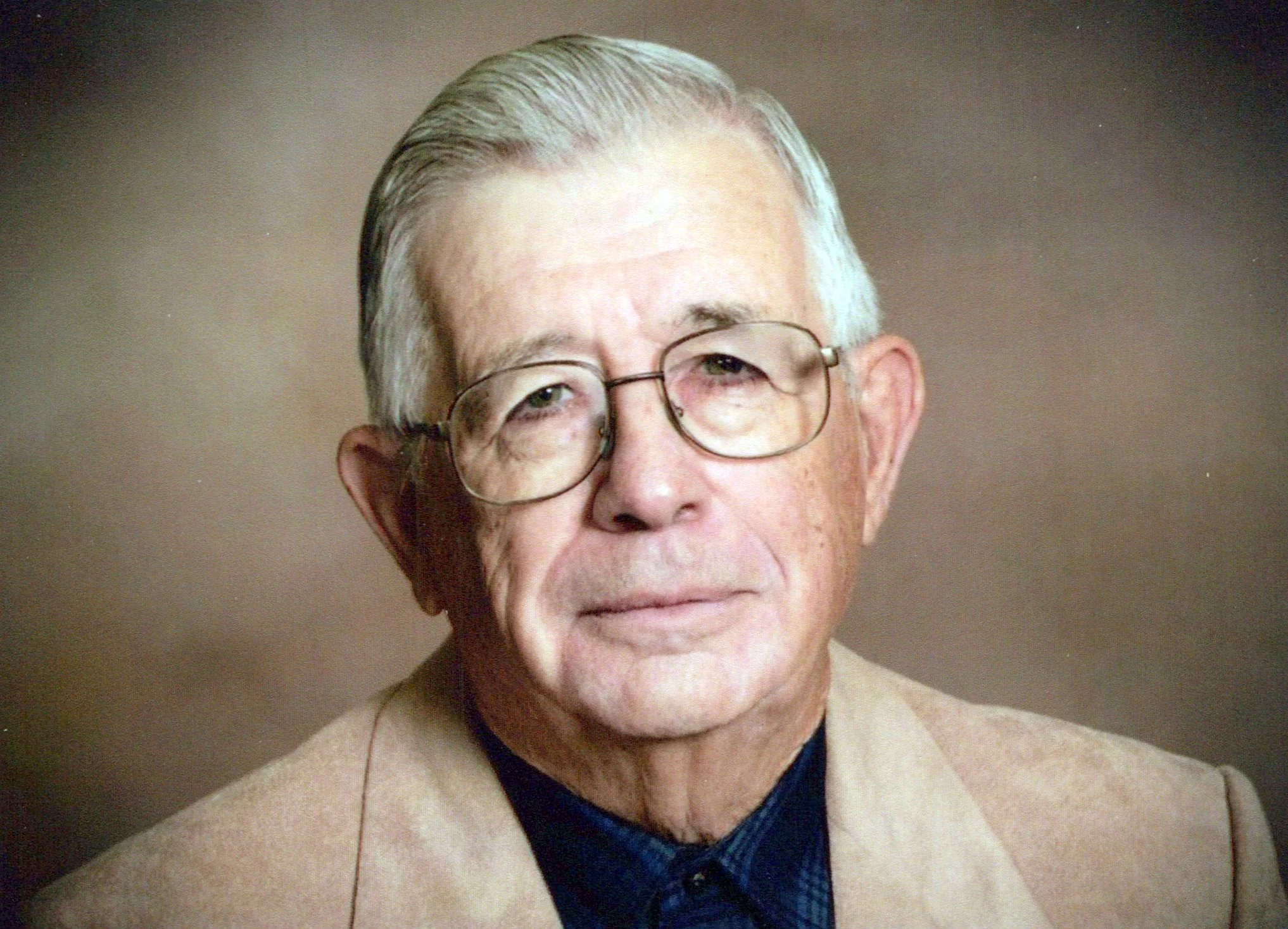Emergency orders for Indiana trial courts extended until May 4
/As government, businesses, and families further adjust to the pandemic, Indiana courts remain committed to essential operations through proper social distancing. In support of the State of Indiana’s efforts to slow COVID-19, the Indiana Supreme Court is providing further guidance to trial courts.
Chief Justice Loretta Rush explained, “Indiana courts are ensuring essential operations continue by accepting filings and holding remote hearings. We’ve ordered rule changes to make it easier for lawyers to meet the needs of clients, and we’ve allowed courts to delay jury trials and other non-essential court matters. Today, we must commit to continue social distancing until May 4 for the good of our communities.”
The Supreme Court is extending the effective date of trial court Administrative Rule 17 orders through an order in case 20S-CB-123. AR 17 provides the legal framework for courts to adjust operations. On March 16, the Indiana Supreme Court ordered courts to implement relevant portions of emergency operations to ensure essential services remain in place. All 92 counties and many city/town courts filed AR 17 emergency petitions. More than 110 emergency orders give courts the authority to adjust procedures in response to the pandemic. The orders have various effective dates; 20S-CB-123 brings effective dates in unison.
Additionally, the order authorizes trial courts to review county-jail and community correction sentences of non-violent inmates and juveniles. The order allows courts to consult with prosecutors, public defenders, community corrections, the sheriff, and health authorities to consider modifying placement.
Courts are going to stay and will not issue new writs of attachment, civil bench warrants, or body attachments (except in emergencies). By refraining from these actions, the courts will avoid placing undue burdens on individuals and communities during this public health emergency.
Judges are keeping essential operations in place, and with electronic filing, they are considering cases. More than 450,000 documents have been e-filed statewide since March 9. Individuals interesting in checking their case should visit mycase.in.gov. Details on the Judicial Branch’s response to COVID-19 can be found online.



















